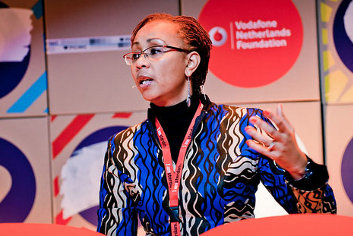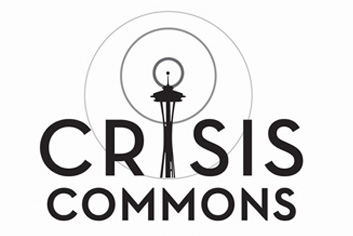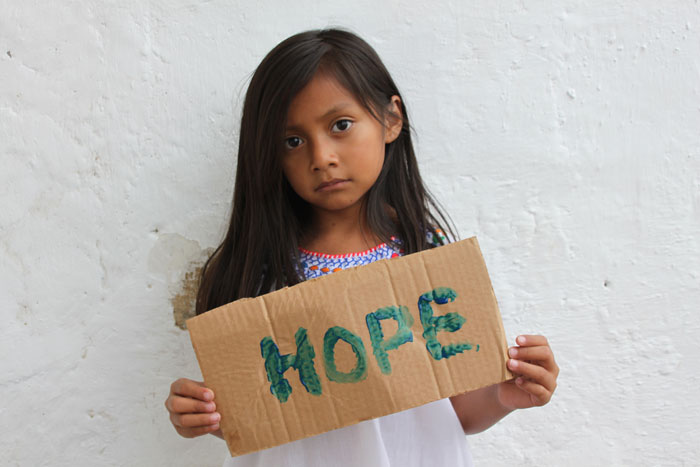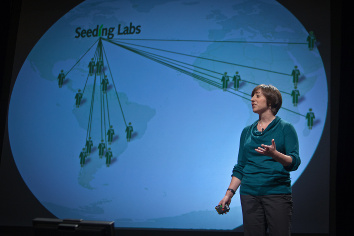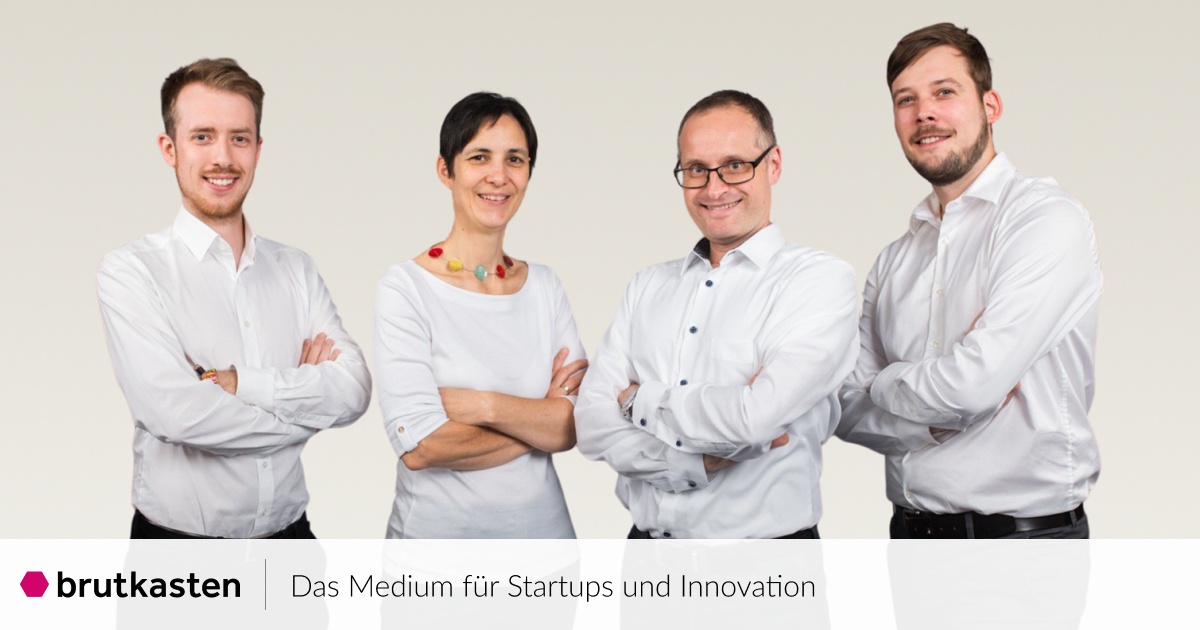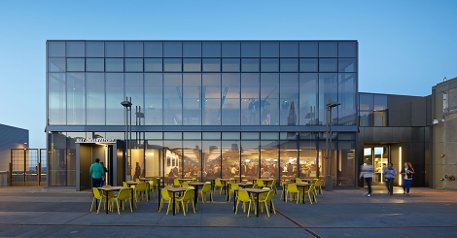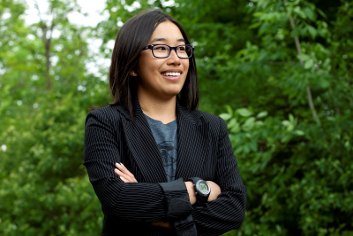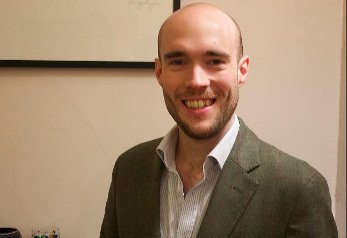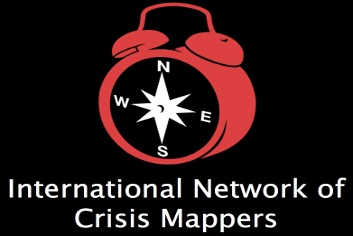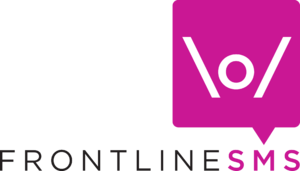
OLBIOS: Your mission as the co-founder and CEO of NeedsList, is to create solutions for communities displaced by climate change and conflict worldwide. How does NeedsList’s software actually aggregate in real-time needs and offers, during both crisis and recovery? How does it foster collaboration between stakeholders in order to come up with solutions?
Natasha Freidus: Our first software tool at NeedsList we call ConnectLocal. It was designed as a way for local organizations to communicate their needs to individual volunteers and donors, people who wanted to help but didn’t know how. As we dug deeper into testing and learning from our partners in the field, we saw that businesses and government and larger organizations also faced the same challenges– they wanted to help, but the current systems of aggregating needs and communicating concrete offers of support were clunky and inefficient.
I’m talking about audio conference calls where people were spelling out their emails and sticky notes on bulletin boards. We designed RespondLocal in response to this challenge – a clearing house with real-time, automated matching of needs and offers for supplies, information, and services. That means that if a larger NGO has surplus stock of diapers, for example, they can easily see if any local organizations could use them. It also means that instead of coordinating bodies accessing PDFs or static reports from the field, they can easily view real time trends. We believe the data implications of this work are tremendous in terms of predicting what’s needed before crisis hits.
O: Could you tell us how you helped deal more efficiently and build resilience through the concrete example of hurricane Dorian?
N.F.: Shortly after Hurricane Dorian hit the Bahamas, we got a call from USAID who was coordinating the private sector response. Like many larger entities – from the World Health Organization to FEMA, they had no good way of engaging businesses who were offering everything from water filtration systems to sanitary napkins to satellite communications and were relying on a phone hotline. The Bahamas were facing the same problem faced by regions suffering natural disasters across the world, their ports were flooded with in-kind donations. These often come without a clear beneficiary, get held up in customs, and not only bog down the response but two thirds of these donations go to landfill.
With RespondLocal in the Bahamas, our vision was to ensure that these private sector offers could be logged in a live, accessible database to be “claimed” by relief organizations when the need arose. We set up a deployment of the toolset and within just a month, logged millions of offers. Below, please see just one example of the many needs that were met when Open World Relief accessed donations of water filtration systems.
Ο: In response to COVID-19, the CORE Group licensed NeedsList to create the “C19 Virtual Marketplace” to better coordinate PPEs and knowledge management in several African countries. Can you give us examples of some of the tangible outcomes of your efforts so far?
N.F.: Absolutely. The CORE group is a nonprofit 501(c)3 organization convening global health professionals to share knowledge, increase capacity, and create impact. They licensed the RespondLocal software in order to support their efforts several East African countries to a) source PPE for vulnerable populations, and b) serve as a knowledge sharing platform for COVID-19 best practices.
We were fortunate to also leverage a new partnership with SAP’s 1 Billion Lives initiative, allowing CORE Group to identify global suppliers from SAP Ariba’s Global B2B Discovery platform and engage with suppliers who provided over $50,000 value of gloves, masks, and other PPE in product donations and at deeply discounted prices, and in some cases free shipping, to NGOs including Smile Train, AYAN, and others.
On the knowledge sharing side, CORE Group and the COVID-19 Digital Classroom consortium members developed training materials in multiple languages on how to identify, treat and prevent COVID-19. These were accessed by country-level staff of IRC, Save the Children and World Vision among others in Nigeria, Kenya, and Somalia.
O: As the founder of Creative Narrations, you have used storytelling as a tool for social change. Can you give us an example on the importance of storytelling?
M.F.: Early in my career I was fortunate enough to spend a few years on the frontlines of the US/Mexican border as a community organizer. Through this work I learned about the power of storytelling to build relationships, networks, and effect policy change. My work at Creative Narrations focused on training and supporting social change organizations to tell their stories effectively and document these stories through producing multimedia content. In the later years, much of my work was addressing health equity issues.
In the US, the single greatest factor determining longevity is your postal code, which means that communities of color are disproportionately affected by chronic illnesses such as diabetes and obesity. We worked closely with community clinics and health care workers to teach them how to produce digital stories about these topics that were used as outreach, fundraising, and policy tools. For example, Philippia, a young woman providing community education around healthy eating, showed this story she produced in one of our workshops to connect with others and advocate for change.
Natasha Freidus is a social entrepreneur and founder of NeedsList.



